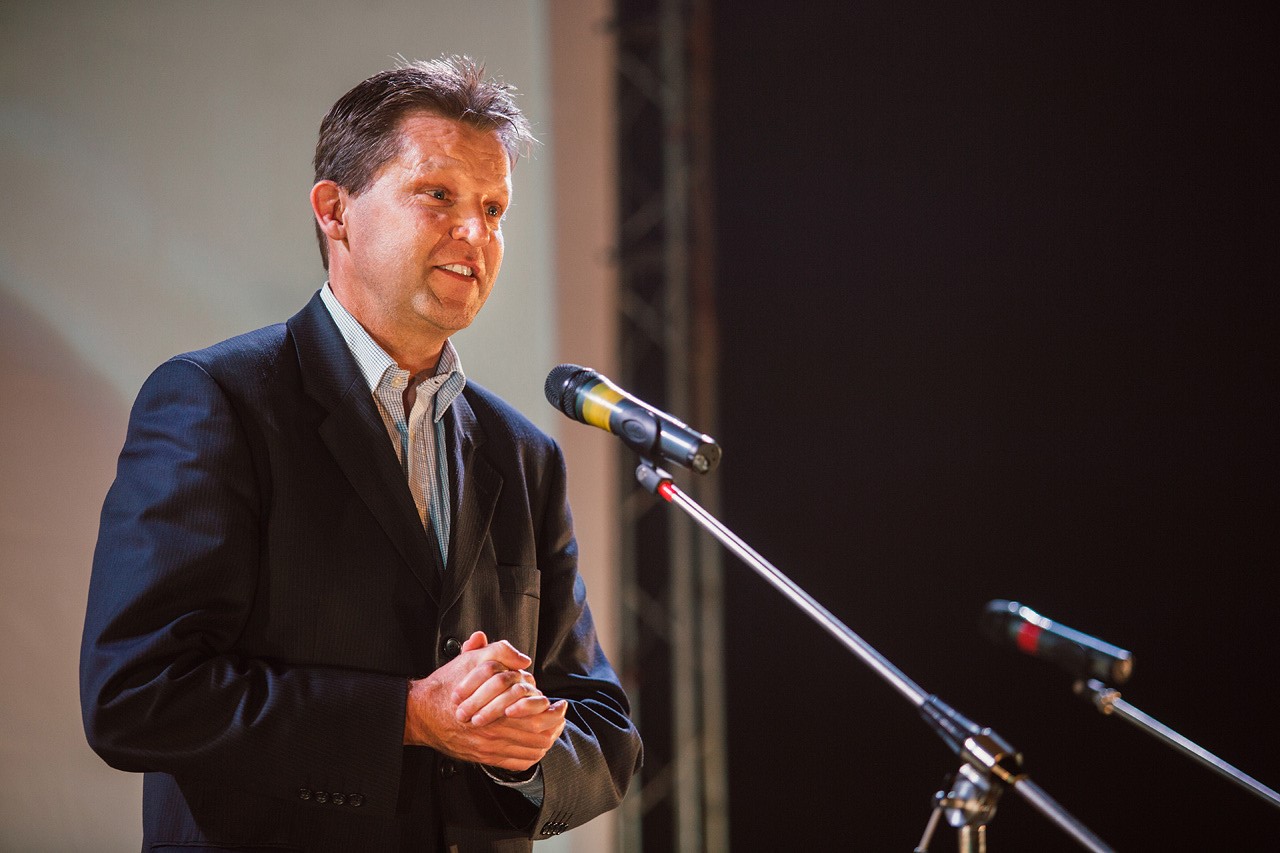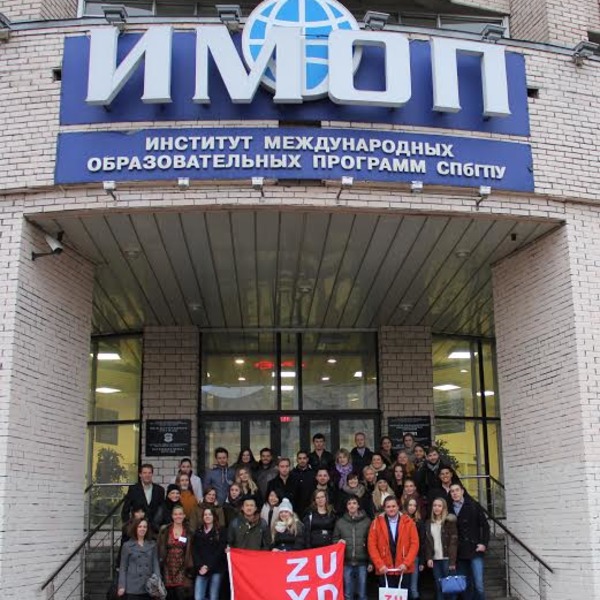successful admissions
of students enter the university of their choice
students consult Education Index when applying for universites
successful admissions
of students enter the university of their choice
students consult Education Index when applying for universites
Interview with Professor ed Overesas, Faculty of International Business and communications at the University of Applied Sciences Zuyd, the Netherlands
EI: please Tell us about your activities in University Zuyd (Zuyd University) and cooperation with St. Petersburg Polytechnic University.
I teach several disciplines, mainly in the field of Management and Finance. In the sphere of my scientific interests include cultural differences, organizational behavior and change management. In addition, I coordinate several training blocks and international online games management held by the University. I am also responsible for the work of the program "Russian language and culture".
My job at the St. Petersburg Polytechnic University began in 2013 in the framework of the cooperation program between the two universities. I started teaching in St. Petersburg, and my lectures were so popular among Russian students that the University hired me to work full time. Partnerships between higher education institutions continue to evolve, and today we offer regular student exchanges, joint work on international projects and the annual educational trip.
EI: Where did You learn Russian language and what was Your motivation?
I started to learn Russian in 2015 after several trips to Russia. Language I needed not only for work, I wanted to better understand Russians and Russian culture. I originally enrolled in Russian language courses at the University of the South, which basically was a self-study. Last summer I went on summer courses in Russia. And although it is a difficult language, and while I can call myself only a beginner, I love learning Russian.
EI: Zuyd University has the status of a University of applied Sciences (University of Applied Sciences). Please tell us about the features of such universities in the Netherlands. Does Russia have similar educational institution?
In the Netherlands there are two types of universities. And those and others offer bachelor's programs prepare students for training in a magistracy. The difference is that the universities of applied Sciences offer a distinctive approach to education. We teach models and theory-based case studies (real examples) that the training is conducted in practice. Such a system requires active cooperation with companies: 2 internships, guest lectures, solving real business cases, communication with company representatives. For us education is the combination of knowledge and skills.
Another important difference universities of applied Sciences lies in the fact that almost all our teachers have experience in the industry is they are not scientists. This means they have experience of the practical application of the material that they give to students. By working together on projects, between students and teachers develop a friendly relationship with the minimally distinct chain of command. So another difference is the free atmosphere of mutual support.
>> The University of the South, taught in English
EI: could You give examples of real projects that involve Your students?
In the second year, students study a 10-week training block Sales. Students work in groups of 4 people and offer my assistance to companies planning to enter foreign markets. During these 10 weeks the students gradually learn the sales funnel and make recommendations to the company. Every week they get the necessary information on the theoretical (knowledge) and practical training (skills). Students also prepare for the meeting. To do this, they are briefing, watch and discuss video on behavior in the sales field. In addition, the unit includes a visit to the industry exhibition, with a report.
For the fourth year students undergo training in the company, their task is to solve a problem or implement the project in 20 weeks. The project usually coincides with the chosen specialization. Students analyze the problem and make recommendations, with the support of the company's employees and teachers. The results are presented to the management of the enterprise, classmates and teachers.
EI: How is the training at the University of applied Sciences helps the graduates get a job immediately after graduation?
The best way to get a job immediately after graduation — the final internship in the last semester. On younger courses we help students find out their strengths, interests and ambitions. If all is going well, for final internship, students choose the company that matches your preferences. Those who performs well during internships often are offer of employment.
EI: The study in the University of the South differs from the Russian education? What benefits can bring the Russian students study at this University?
Our University offers practical education that allows you to establish and maintain contacts with enterprises. Based on my teaching experience and visiting University classes in Russia, I can say that in Russian universities education in mainly based on science and theory. From the point of view of scientific research, Dutch researchers have much to learn from Russian colleagues. On the other hand, the Russian teachers are interested in my interactive approach to learning and informal communication with students, and use examples from the spheres of business and different ways of presentation. I think this is the main difference.
What are the advantages for students? Students gain knowledge and practical skills, combined with experience, provides them with excellent prospects.
EI: Tell us about the curriculum of the University of the South? What is the difference between the programs of the University and similar courses of Russian universities?
At the University Zuyd we divide the academic year into 4 training blocks of 10 weeks. Each unit dedicated to a specific topic. Each topic is associated with a major project in which students apply theoretical knowledge. All courses and specific block related to the topic and help to implement the project. Thus, all components of training are connected.
EI: What advice would You give to Russian-speaking student, choosing a University?
First, when choosing a school you need to consider what field a student plans to work in science or business. For those interested in a business, you should pay attention to the universities of applied Sciences. The second tip concerns language. Most of the programs of the University are taught in English and most Dutch people speak English, so the Russian students with a sufficient level of English language should not have difficulties with learning and communication. In other countries (France, Spain, Italy) this can be a problem. My third advice: look for a cosmopolitan city with an active student life (like Maastricht). It doesn't have to be the capital, just a small town with a major University. Final tip: choose the universities located in the heart of Europe, then you will be able to travel even on the weekends.
EI: Thank you very much for the interview, Professor!